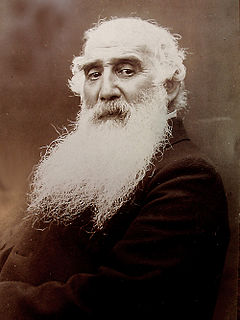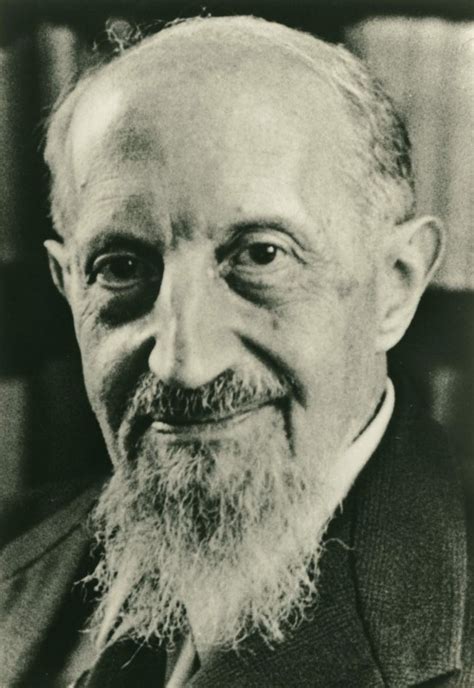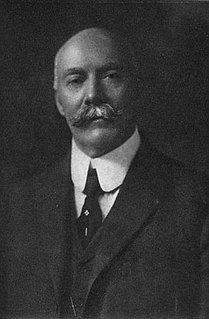A Quote by Marcel Proust
When one becomes for an instant one's former self, that is to say different from what one has been for some time past, one's sensibility, being no longer dulled by habit, receives from the slightest stimulus vivid impressions which make everything that has preceded them fade into insignificance, impressions to which, because of their intensity, we attach ourselves with the momentary enthusiasm of a drunkard.
Related Quotes
Life is like a film screen: pictures come, make an impression, go, and then make a place for new pictures with new impressions which obscure the previous ones. Some of those old pictures fade, but the impressions they leave will never pass away. Such an impression is the image of Hein Sietsma -- a joyful Christian who loved life so much but was still willing to give it to the great, good, and holy cause.
This labour of the artist to discover a means of apprehending beneath matter and experience, beneath words, something different from their appearance, is of an exactly contrary nature to the operation in which pride, passion, intelligence and habit are constantly engaged within us when we spend our lives without self-communion, accumulating as though to hide our true impressions, the terminology for practical ends which we falsely call life.
We are dominated by everything with which our self is identified. We can dominate and control everything from which we disidentify ourselves. The normal mistake we all make is to identify ourselves with some content of consciousness rather than with consciousness itself. Some people get their identity from their feelings, others from their thoughts, others from their social roles. But this identification with a part of the personality destroys the freedom which comes from the experience of the pure “I”.
We may say that feelings have two kinds of intensity. One is the intensity of the feeling itself, by which loud sounds are distinguished from faint ones, luminous colors from dark ones, highly chromatic colors from almost neutral tints, etc. The other is the intensity of consciousness that lays hold of the feeling, which makes the ticking of a watch actually heard infinitely more vivid than a cannon shot remembered to have been heard a few minutes ago.
It is a psychological law that whatever we desire to accomplish we must impress upon the subjective or subconscious mind; that is, we must register a vow with ourselves, we must make our resolution with vigor, with faith that we can do the thing we want to do; we must register our conviction with such intensity that the great creative forces within us will tend to realize them. Our impressions will become expressions just in proportion to the vigor with which we register our vows to accomplish our ambitions, to make our visions realities.
Both my parents are immigrants. I've seen different struggles they've had. There's a reason you don't see me using accents. I don't do impressions of my folks. When I'm doing a crappy impression of my folks, and you're laughing, I'm thinking, 'When my parents talk to people, when they walk away do people do impressions of them? Do they laugh?'
Make sure to immediately write down any impressions you receive. Intuitive impressions are often subtle and therefore 'evaporate' very quickly, so make sure to capture them in writing as soon as possible. Recent research in neuroscience indicates that an intuitive insight - or any new idea - not captured within 37 seconds is likely never to be recalled again. In 7 minutes, it's gone forever. As my buddy Mark Victor Hansen likes to say, 'As soon as you think it, ink it!'





































